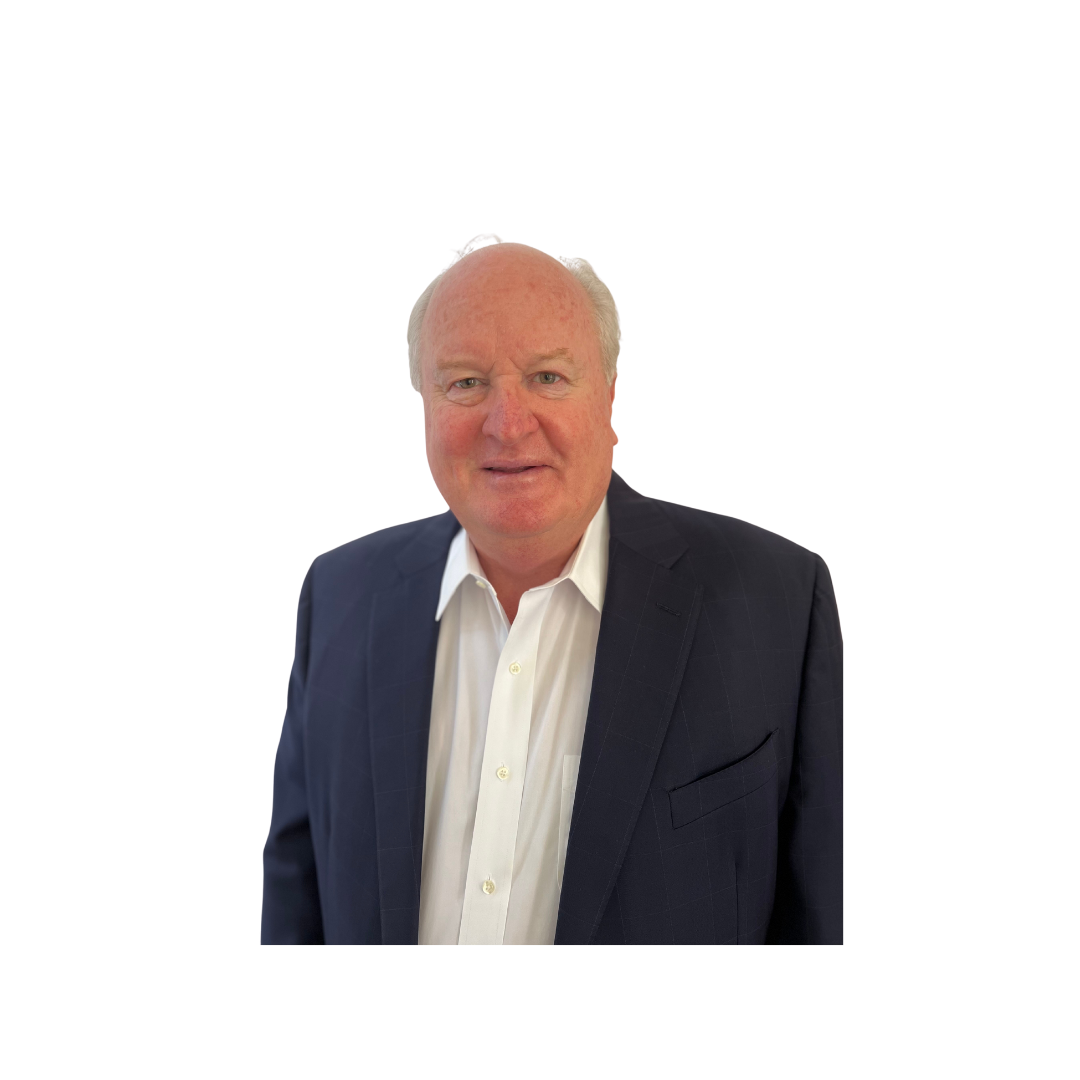
The Benefits of a Reverse Mortgage for Retirement Planning

In the right situation, a reverse mortgage can serve as an alternative way to finance retirement, allowing you to stay in your home longer without sacrificing other assets.
What is a reverse mortgage?
As the name suggests, lenders make payments to the homeowner with a reverse mortgage. Payment options include a lump sum upfront, monthly payments across a certain amount of time, a line of credit, or some combination of these. These fixed- or variable-rate loans were created for older Americans looking to remain in their one-to-four family home or FHA-approved condo.
Government-backed reverse mortgages require borrowers to be at least 62 years of age to qualify, although private reverse mortgages may have slightly lower age thresholds.
Although the reverse mortgage itself doesn't require monthly mortgage payments, borrowers still need to stay current on their property taxes, homeowners insurance, and any homeowners association (HOA) dues.
Benefits of a reverse mortgage
Older Americans can take advantage of a reverse mortgage as a financial planning tool. Some notable benefits are as follows:
A tax-free way to increase cash flow
While it may feel like you’re earning income from your mortgage, that’s not how the IRS views it. Reverse mortgage payments are not considered to be taxable income, unlike 401ks and traditional IRAs, both of which require you to pay income taxes on any funds received during the year.
Pay off any existing mortgage or liens
A reverse mortgage can be used to pay off any existing mortgage or liens on the property, freeing up payments each month. Loan to value ratios (LTV) will range between 50-65%, depending on the age of the customer.
Ease the strain of inflation and the rising cost of living
As you weigh options to preserve your purchasing power, adding a reverse mortgage to your retirement plan may offer some inflation protection. A reverse mortgage provides money for immediate use while giving borrowers’ retirement savings a chance to grow.
An alternative to pulling assets from equities and stocks in a volatile market
A reverse mortgage can help extend the life and value of your other assets by providing them additional time to gain value before being drawn down. Borrowers have a chance to recoup the lost value of their equities and stocks as the market recovers over time.
Closing Thoughts
Older homeowners should strive to take a holistic approach to their retirement plan. While there is no one-size-fits-all solution, a reverse mortgage can be a beneficial addition and alternative to traditional retirement strategies. The home is a large source of untapped capital for many senior homeowners- speak with your trusted mortgage professional about how a reverse mortgage can benefit your retirement plan today.